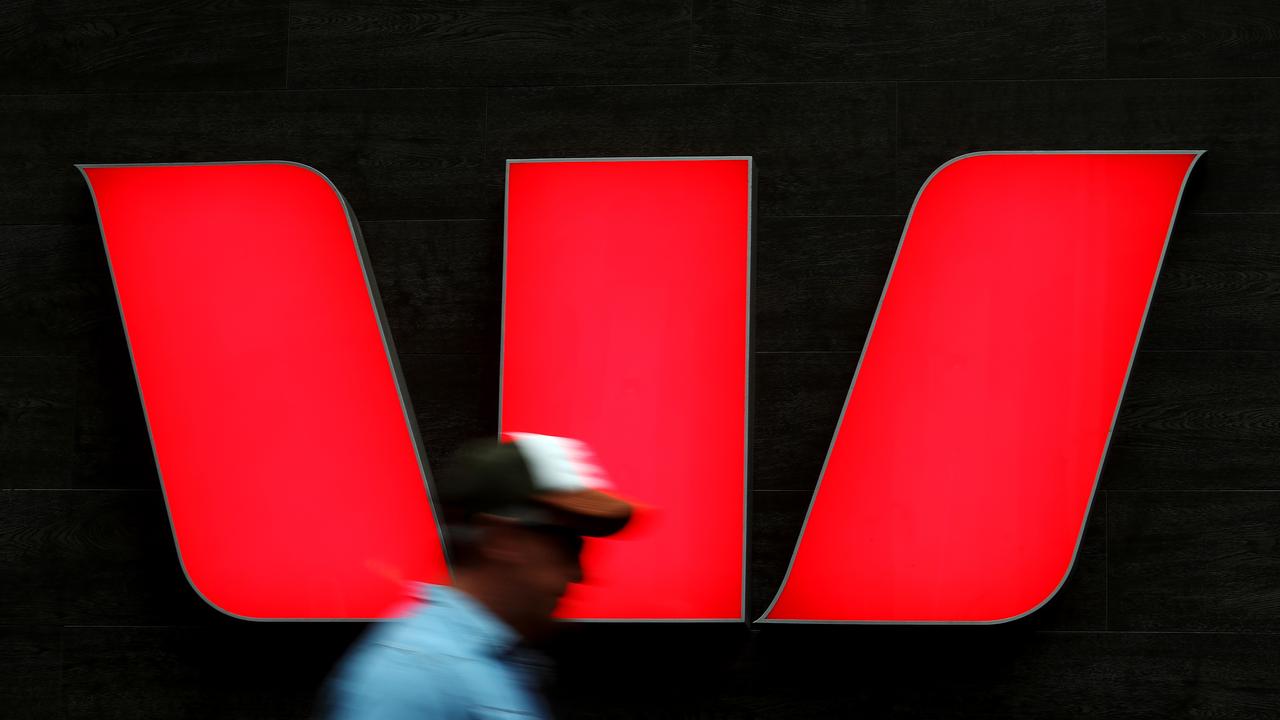Westpac shareholder rebellion
Westpac faces a conundrum after yesterday’s massive first strike on the bank’s remuneration report.
Westpac faces a conundrum after yesterday’s massive first strike on the bank’s remuneration report and huge AMP-related protest vote against non-executive director Craig Dunn.
The problem is the same forces that led to the 64 per cent “no” vote on the bank’s pay framework are assembling for the 2019 financial year, yet the board seems reluctant to accept that the shareholder environment has fundamentally changed.
Last year, in a shocking year for the entire industry, the average short-term bonus paid to chief executive Brian Hartzer and his group executives was down 25 per cent, with Hartzer suffering a 30 per cent, or $900,000, cut.
Shareholders, however, have set zero as an aspirational target.
They argue that boards have severed the link between pay and performance by awarding bonuses when reputations and trust have been trashed.
They want to know the scale of disaster that would justify a zero bonus, if not now.
After making $117 million in provisions for salaried advisers in the industry-wide fees-for-no-service scandal, Hartzer told the royal commission’s policy hearings last month that Westpac was unable to quantify the provisions related to advice services provided from 2008 by about 1660 authorised representatives.
The Westpac chief said yesterday he wanted to put those issues “behind us” in 2019, which means accountability for misconduct and significant customer remediation is again set to rear its head.
Chairman Lindsay Maxsted, judging from his commentary yesterday, is in no rush to embrace the new era of zero tolerance for bonuses.
Westpac, he said, took the issue seriously and was doing further work on its pay structure.
However, the issue was a relatively narrow one — a belief by investors that the board should have cut deeper into executive bonuses.
“We respect that,” Maxsted told the media.
In his speech at the annual meeting, the chairman was more defensive, saying Westpac’s performance across other dimensions such as balance sheet strength, customer growth and employee satisfaction exceeded expectations.
He also said that much of Westpac’s poor conduct was self-reported to regulators, and in many cases had either been resolved or was being addressed.
Despite the baying masses, Westpac is not hanging its head in shame. Far from it.
The scene will be set for some kind of standoff in 2019 if Westpac reports significant customer-related provisions and the perceived shortage of accountability in pay outcomes is repeated.
While the prospect of a second strike on the remuneration report and a vote to spill the board are remote, there’s still scope for a shareholder-led backlash that Westpac should be keen to avoid.
Taking fight to APRA
After years of conflict with the prudential regulator APRA, the move by Chris Kelaher and George Venardos to step aside as managing director and chairman of embattled wealth manager IOOF represents a spectacular collision with common sense.
No doubt it has a lot to do with some brutal commercial advice from Kelaher’s lawyer, Arnold Bloch Leibler partner Leon Zwier.
Litigation strategy is another matter entirely.
Faced with the ignominy of disqualification proceedings, Kelaher and Venardos will fight back, with the same royal commission transcripts that highlight Kelaher’s dismissive attitude towards the regulator also likely to help frame his defence.
The starting point is evidence given to the royal commission by APRA general manager of specialised institutions division Stephen Glenfield in the fifth round of hearings on superannuation.
On the key issue of compensating superannuation members for IOOF’s missteps by using their own funds, Glenfield made some admissions that Kelaher and Vernados will no doubt preserve for their day in court.
The APRA officer not only agreed that the reserves policy allowed the use of the general reserve to compensate members, but also said the members were not directly disadvantaged as they were compensated.
Glenfield said he had taken internal legal advice on the likelihood of success in enforcement action against IOOF.
“The legal advice came back that it was complex, and there were a number of matters that made it less than clear-cut,” Glenfield said.
“So (the decision was made) not to pursue at that point, but to bring it into the broader review we were doing of IOOF at the time.”
By that point, commissioner Kenneth Hayne had already issued his interim report, which was scathing of APRA’s record of never taking court action.
Glenfield was asked if he accepted that not every court case pursued by a regulator had a 90 per cent chance of success.
“I would accept that, but in this case the advice was that we didn’t have enough to take the case forward. I accepted the legal advice.”
APRA is entitled to change course and launch proceedings.
In response to the round five hearings, the regulator said that new information had emerged in the royal commission, including about Kelaher’s failure to understand the obligations of a trustee under trust law. It also said a number of changes sought by APRA had been agreed to at an IOOF board meeting on August 1.
However, this was a “matter of indifference” to Kelaher who “did not accept that there legitimate governance issues that needed to be addressed”. While Kelaher hasn’t helped his own cause, that won’t stop him putting APRA’s feet to the fire. The stakes are too high to do otherwise.
gluyasr@theaustralian.com.au
Twitter: @Gluyasr



To join the conversation, please log in. Don't have an account? Register
Join the conversation, you are commenting as Logout